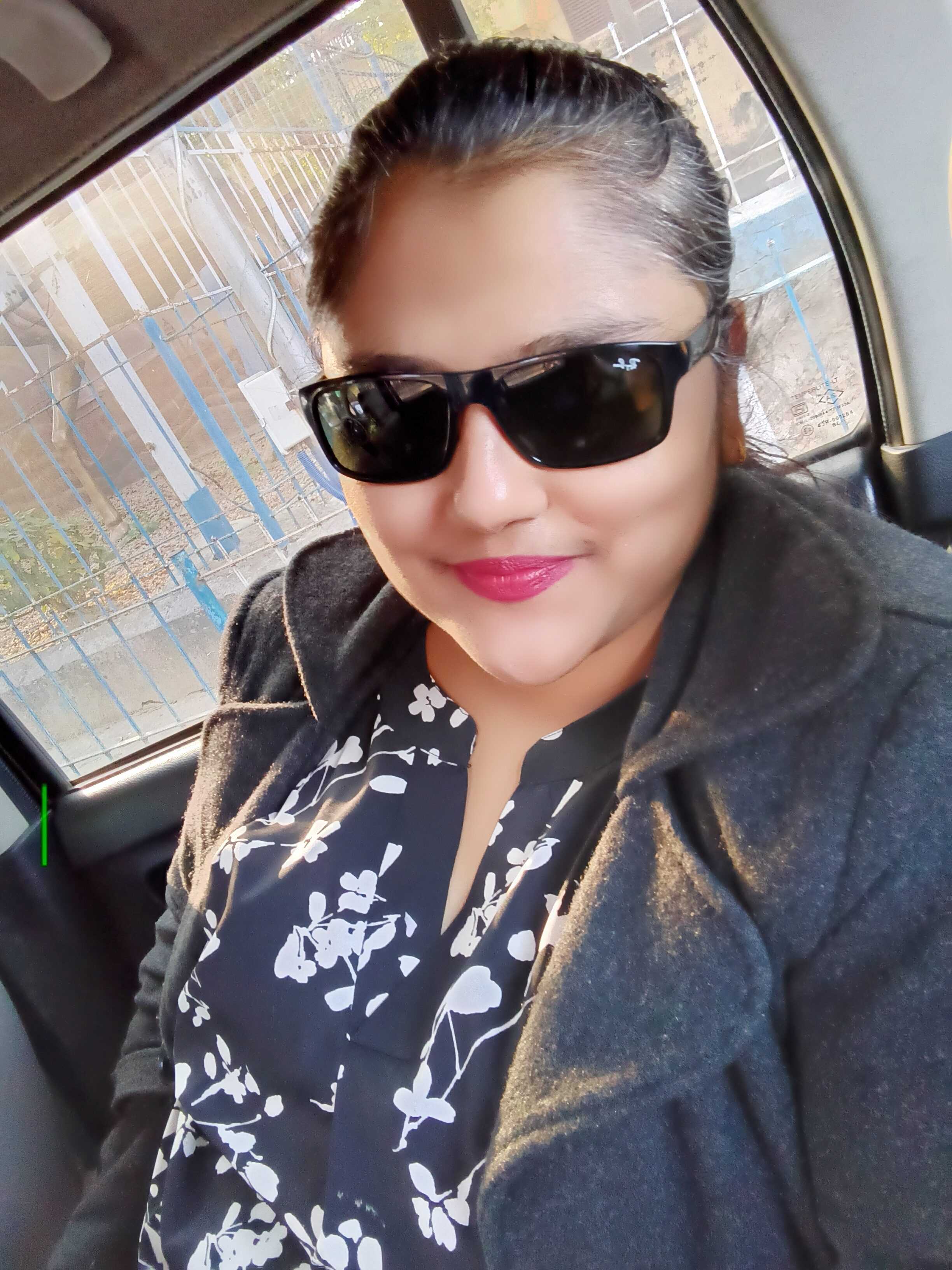The step was taken after social media channels, which includes Facebook and about 166 other websites, published pictures of a prosecutor held at gunpoint as a hostage to a terrorist far-left group. The prosecutor had been slain and later the extremist group responsible for this was killed by Special Forces. This is not the first time that the country has resorted to blocking or banning social media and internet channels. Even last year, this had been the case until a legal academician from Turkey, named Yaman Akdeniz appealed and got the ban recalled. Today, he believes that the blockade has been a careful and “disproportionate exercise” in a run-up to the upcoming elections in June. However, government insiders opine that social and traditional media need to take up responsibility of their actions and must remain within social boundaries. Only when they fail to do so, such blockades and bans are imposed. The issue had become severe enough for Turkish authorities to warn that they would impose a ban on Google.





